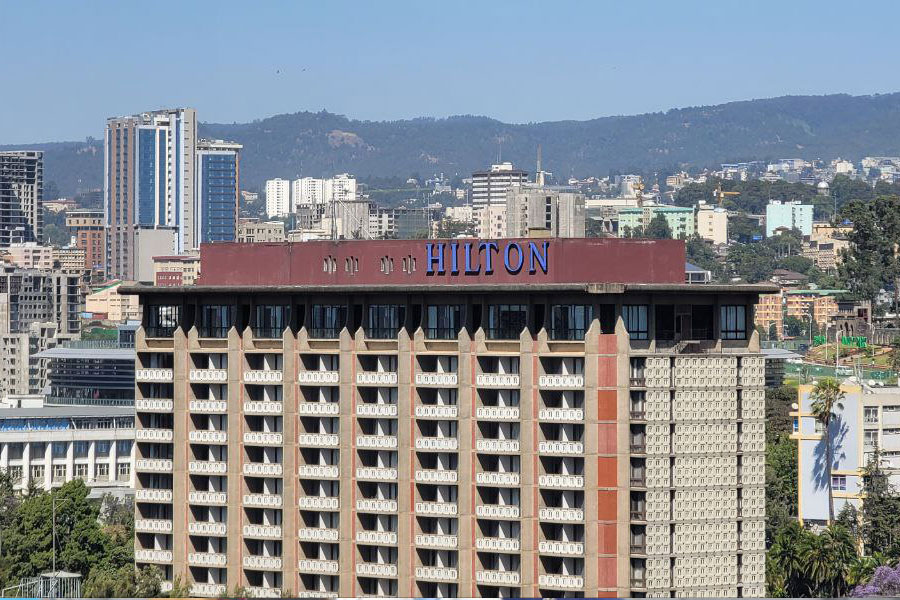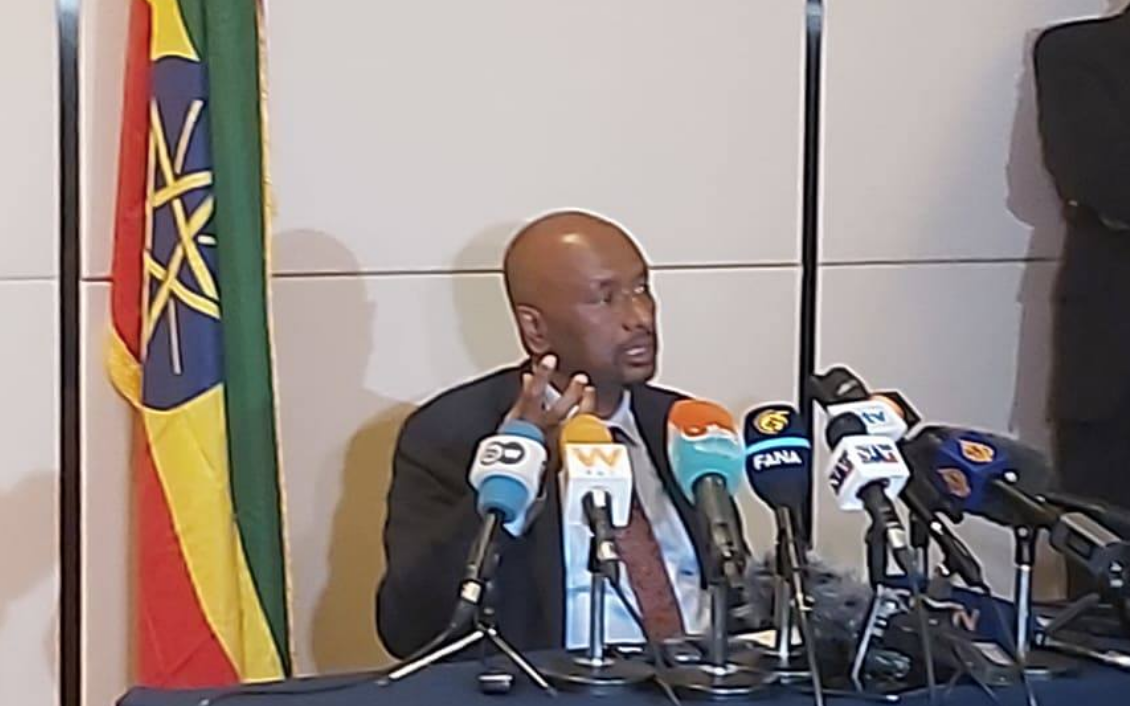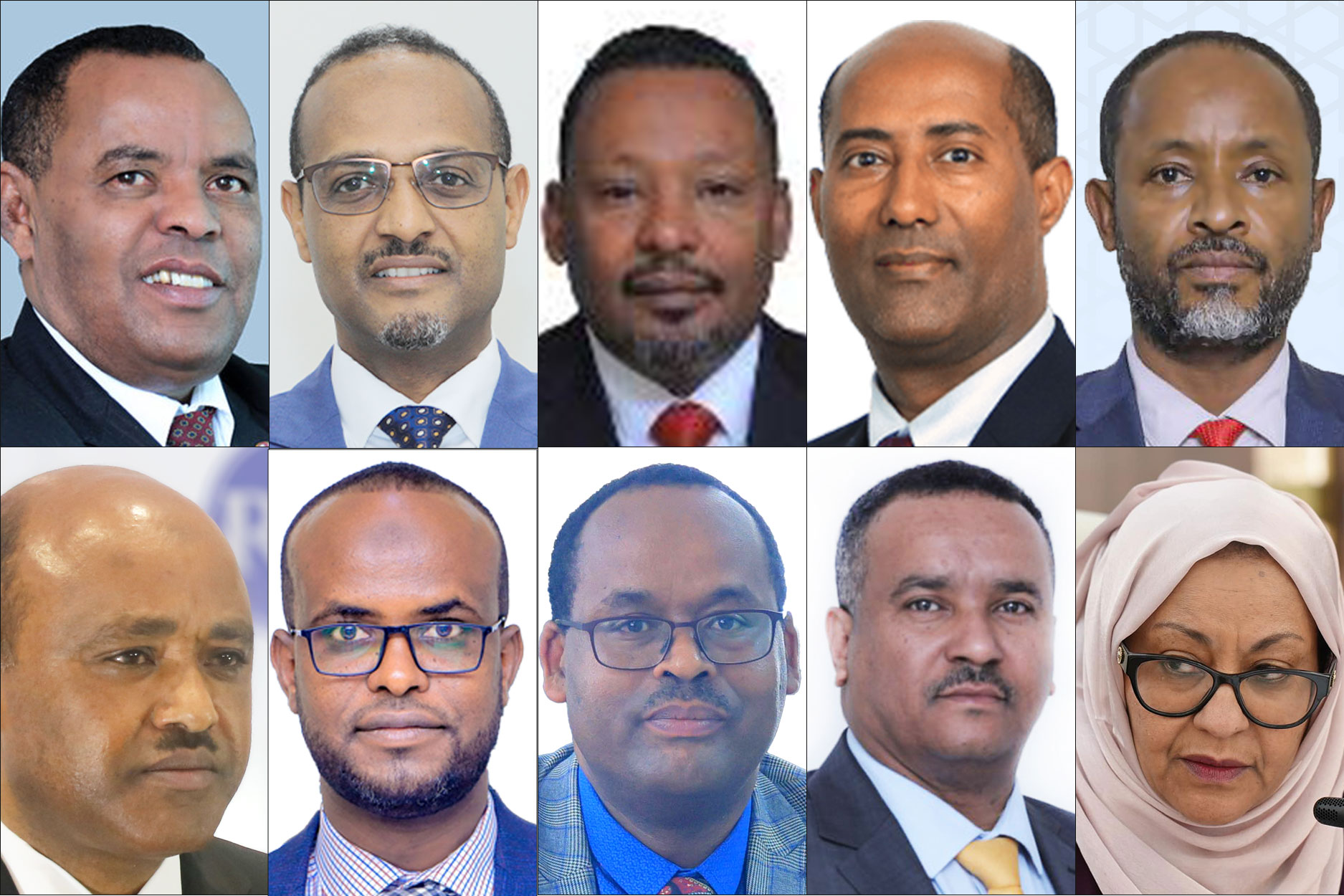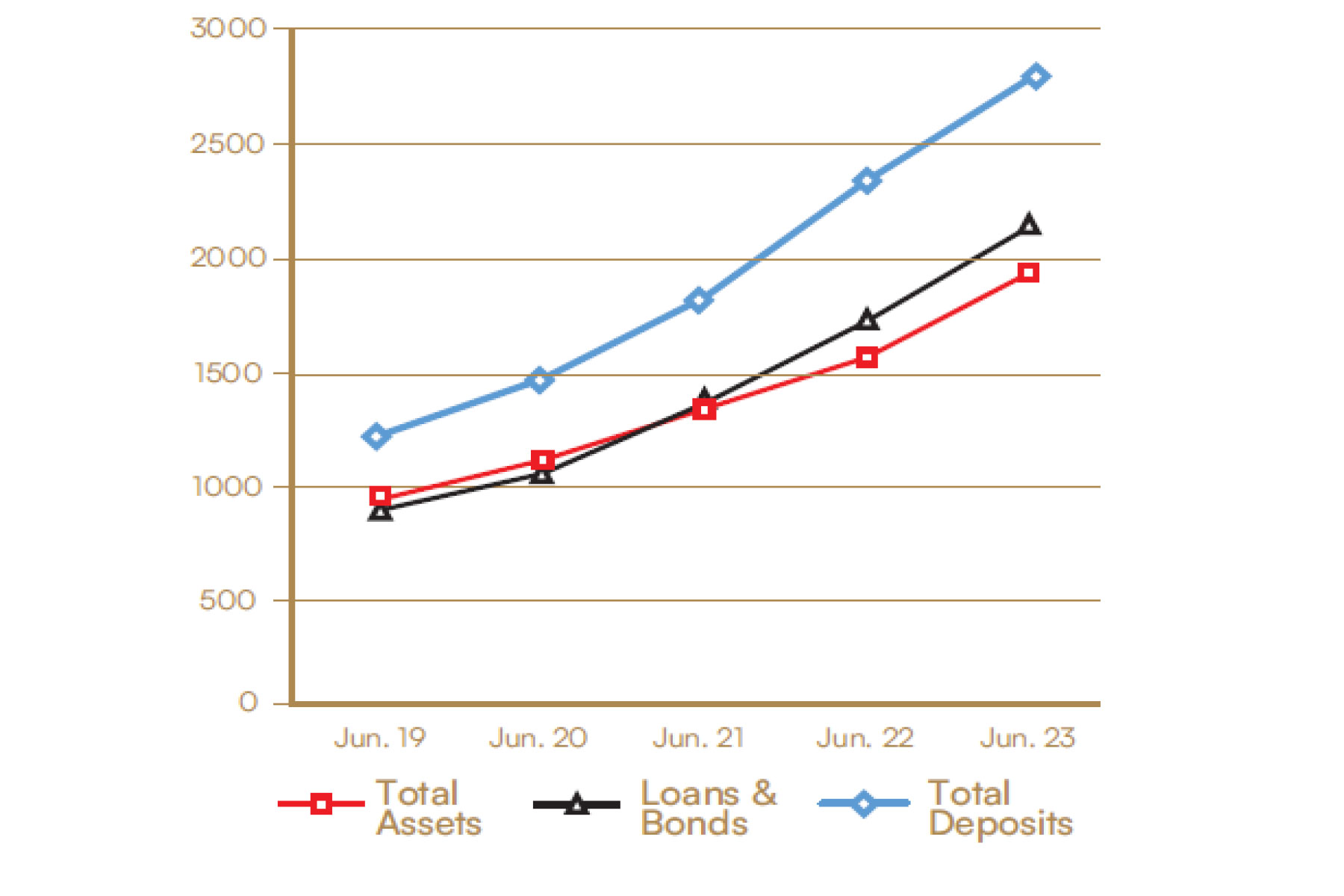
Radar | May 28,2022
Apr 3 , 2021
By Dejen Yemane
Too many still think of war in its traditional and classic contours. They expect the waging of wars by leaders, the blaring of firearms and reports of casualties. But this is not the reality in the 21st century. True, wars are still openly fought on the battlefields, including in this country. But more and more, they have come to take place in silent and informal ways, as witnessed in the dispute over the Grand Ethiopian Renaissance Dam (GERD).
The water war between Ethiopia, Egypt and Sudan began in November 2019, long after the United States and the World Bank took to “mediating.” The country escalated the Dam dispute. Before the invitation of third parties to the Nile, Egypt (itself a third party to the GERD) has long threatened Ethiopia not to proceed with unilateral measures of constructing and filling the Dam. When Ethiopia went through with the latter, it provoked the withholding of development assistance by the United States under the Trump administration and the subsequent incitement of Egypt to blow up the Dam, and the matter came ever closer to the threat of use of force.
Indeed, the pace and nature of the tension has changed from the diplomatic tug-of-war to material warfare over the past months. Conventional war with Sudan is underway over disputed borderlands. Egypt is dancing around with possible intervention.
The most significant development has been Sudan's incursion into the al-Fashqa border area, despite the land’s disputed status. It would be a mark of gullibility to take this aggression only for an occupation of fertile land and not a symbolic statement on Sudan’s growing hostility to Ethiopia at Egypt’s bidding.
To push the matter further, the joint military pact between Egypt and Sudan is a clear signal for Ethiopia on how it finds itself alone in the dispute. In the middle of all this, Egyptian President Abdel Fattah Al-Sisi’s warning of “unimaginable instability” in the instance of any change to the country’s self-ascribed water share to the Nile waters is the cherry on top of what could easily become a conventional war between the countries.
Unfortunately, Ethiopia has not made matters easy for itself, pouring fuel over the water wars at its own cost. Lack of far-sightedness and an inability to use proactive diplomacy has made the country look more like an aggressor than a victim. The naïve decision-making approach by its politicians led to the ultimate disregard of Egypt's call for the intervention of third-party countries and institutions in the GERD dispute.
Having the crossroads and uncertainties in mind, it is impossible not to recite the veils of ignorance that cause Ethiopia to find itself on the verge of interstate war. The first blame shall go to the political and diplomatic circles that abetted the GERD dispute's escalation without a proper understanding of what the intervention of third parties would bring. They have failed collectively to read the geopolitical implication that had been foretold in the genealogy of the Nile politics over the past decades.
No less blame-worthy is the blind advocacy made in support of the negotiation without taking proper caution about the consequences. This group includes scholars, analysts, journalists and social media activists.
The lost opportunity was the failure to push for a basin-wide arrangement to which Egypt has been unduly hostile. To remain in the negotiations until it was too clear that it was not going Ethiopia’s way was another failure that made it look like the country had no real interest in negotiations that do not end in its favour. Yet another failure has been to portray how Sudan’s invasion into disputed lands was, at least in part, born out of the GERD dispute and Egypt’s possible complicity.
In the future, Ethiopia should insist on not resuming GERD negotiations as they are a means and an end for Egypt and Sudan to get their way. This is not to fuel more tension and create a casus bellifor a conventional war. People who see negotiation as a conflict-resolution method might not welcome this recommendation. But the failure to appreciate the track records and the escalations driven by the negotiations should underline how they have become a time bomb in the GERD dispute.
Instead, Ethiopia should make its case to the international community, carry on with the GERD's planned second-filling, and ready itself for the worst case possibility, as a realistic reading of developments in the region makes evident.
PUBLISHED ON
Apr 03,2021 [ VOL
22 , NO
1092]


Radar | May 28,2022

Fortune News | Apr 30,2021

Letter To Editor | Feb 29,2020

Viewpoints | Aug 20,2022

Viewpoints | Mar 14,2020

Fortune News | Apr 03,2023

Fortune News | Jan 09,2020

Viewpoints | Aug 01,2020

Verbatim | Mar 23,2024

Fortune News | Apr 16,2022

Photo Gallery | 96087 Views | May 06,2019

Photo Gallery | 88356 Views | Apr 26,2019

My Opinion | 66980 Views | Aug 14,2021

Commentaries | 65709 Views | Oct 02,2021
My Opinion | Apr 13,2024

Feb 24 , 2024 . By MUNIR SHEMSU
Abel Yeshitila, a real estate developer with a 12-year track record, finds himself unable to sell homes in his latest venture. Despite slash...

Feb 10 , 2024 . By MUNIR SHEMSU
In his last week's address to Parliament, Prime Minister Abiy Ahmed (PhD) painted a picture of an economy...

Jan 7 , 2024
In the realm of international finance and diplomacy, few cities hold the distinction that Addis Abeba doe...

Sep 30 , 2023 . By AKSAH ITALO
On a chilly morning outside Ke'Geberew Market, Yeshi Chane, a 35-year-old mother cradling her seven-month-old baby, stands amidst the throng...

Apr 13 , 2024
In the hushed corridors of the legislative house on Lorenzo Te'azaz Road (Arat Kilo)...

Apr 6 , 2024
In a rather unsettling turn of events, the state-owned Commercial Bank of Ethiopia (C...

Mar 30 , 2024
Ethiopian authorities find themselves at a crossroads in the shadow of a global econo...

Mar 23 , 2024
Addis Abeba has been experiencing rapid expansion over the past two decades. While se...

Apr 13 , 2024
A severe financial stranglehold has been imposed on the banking industry, underminin...

Apr 13 , 2024 . By MUNIR SHEMSU
In an unprecedented move, the central bank has published its inaugural stress test report, uncovering potential fault lines within the finan...

Apr 13 , 2024 . By MUNIR SHEMSU
In a bold departure from its historical position on foreign investment, the federal government has opened...

Apr 13 , 2024 . By AKSAH ITALO
A proposed excise tax stamp system draws controversy amongst industry leaders in the alcohol, tobacco, be...